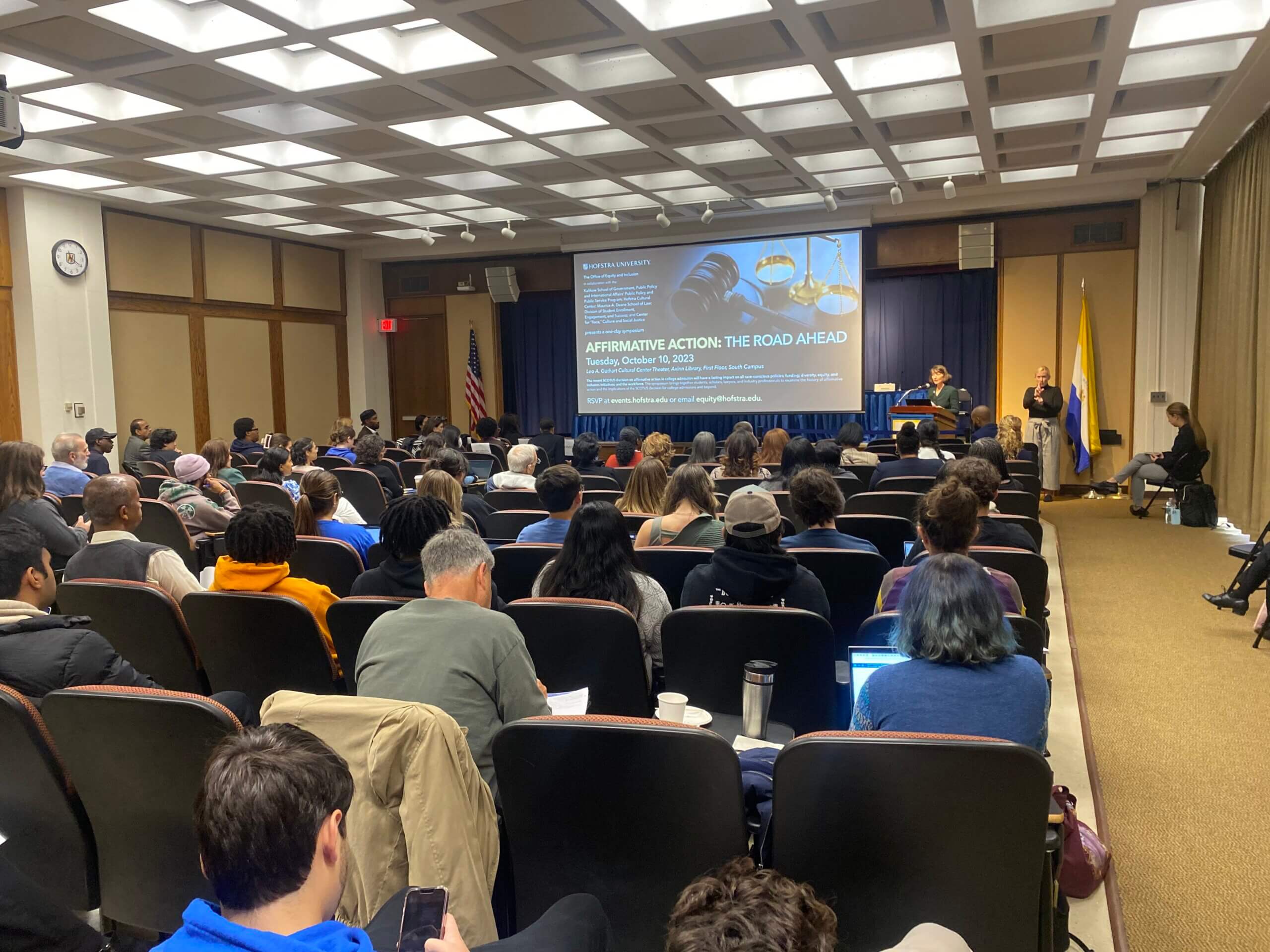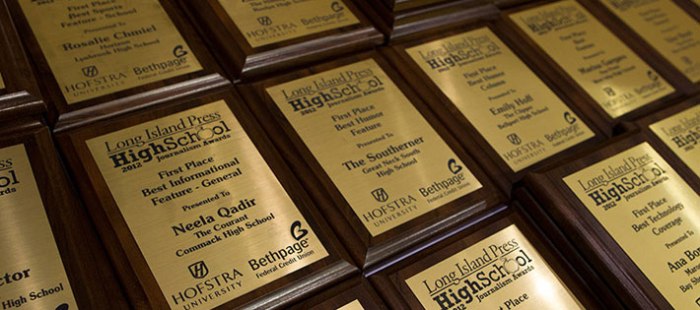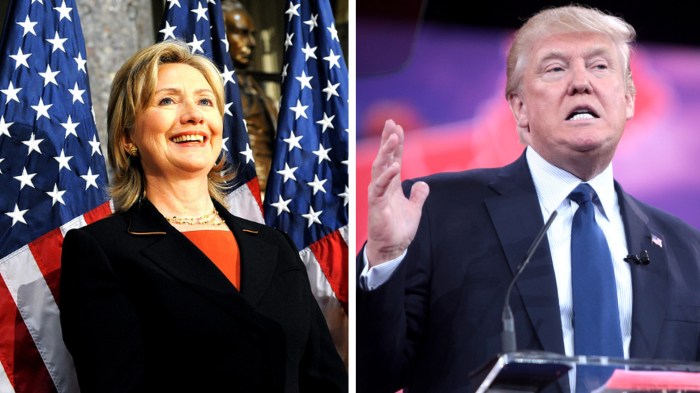Millions of lives across the nation were affected when the Supreme Court overturned affirmative action with the case Students for Fair Admissions v. President and Fellows of Harvard College with a vote of 6-3. Hofstra University, a higher education institution based on Long Island, New York, held a symposium on Oct. 10 to discuss the ramifications of this decision.
Affirmative action, according to Hofstra Journalism Professor Kristal Brent Zook, was not intended to stop white students from getting into college, but rather to give a fair chance to first-generation college students of all races, who might not otherwise have the leg up that legacy students would have when applying.
What’s Next With Affirmative Action Overturned?
The symposium, which was named The Road Ahead, aimed to discuss the future of race and college admissions in the country. The first panel of the day featured professors Jonathan Lightfoot, Lutisha Vickerie, Rona Woldenberg, and Tara-Marie Desruisseaux. It also featured Tanya Martinez-Gallinucci of the New York City Bar Association.
According to Lightfoot, the decision should not come as a huge surprise.
“It’s business as usual,” Lightfoot said. “I don’t think it’s any more monumental than what we’ve experienced up to this point, but we are going backwards, and it’s unfortunate.”
Lightfoot added that the backlash to affirmative action comes from a need in white Americans to preserve their privilege.
“When you are going to lose your sense of self, and when I say sense of self, I mean that position of privilege is threatened, you’ll do all you can to preserve that, and to attack those who you believe are trying to undermine your sense of superiority,” Lightfoot added.
As far as the call to action, Vickerie stressed the need to infiltrate the admissions side of education.
“I spoke about gatekeepers,” Vickerie said of admissions workers. “Any space where you have a set of people who are controlling the flow and access into a particular institution or an organization, we need to be in that space, too.”
Kashmiraa V. Pandit, a senior at Hofstra, also spoke to the Press, before giving remarks at the symposium’s second panel.
“Your story is your upbringing, and your upbringing is your story,” Pandit said. “The call to action is to get everyone to recognize that you have value, and that diversity in your story brings that value.”
Affirmative Action in Upcoming Elections
Pandit, Lightfoot, and Vickerie all agreed that the decision could help Democrats in the 2024 election, as progressive candidates will have an opportunity to discuss the consequences of Republicans getting elected, similar to the way that Democrats performed surprisingly well in the 2022 midterm elections following the overturning of Roe v. Wade.
“But some of us might say too little, too late,” Vickerie added.
However, Andrea Libresco, a professor in the department of teaching, learning and technology at Hofstra, disagreed with the comparison.
“This is not a winning issue for Democrats,” Libresco said. “Abortion is a galvanizing issue, because half of the country has the potential to get pregnant. With affirmative action, a lot of people think somebody cheated them out of their college positions.”
Related Story: Affirmative Action – Keeping Long Island Colleges And Universities Diverse After SCOTUS Ban
Related Story: Point of View – Consider the Affirmative Action Verdict’s Impact



































